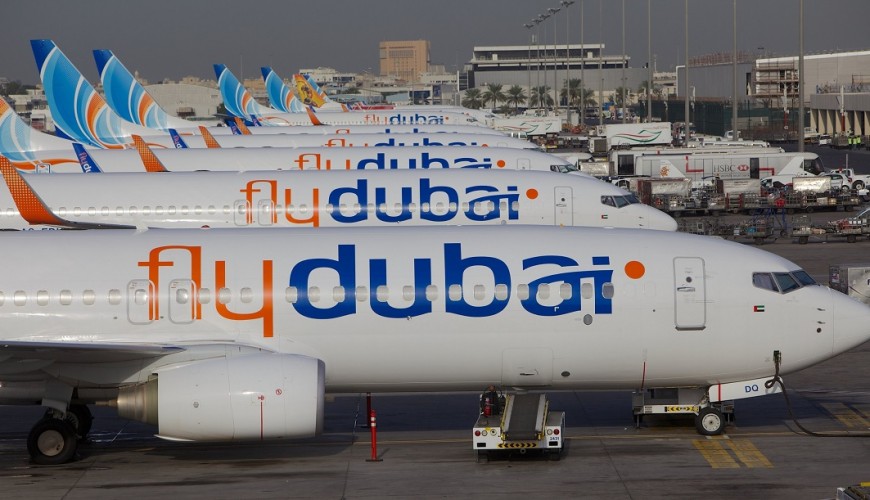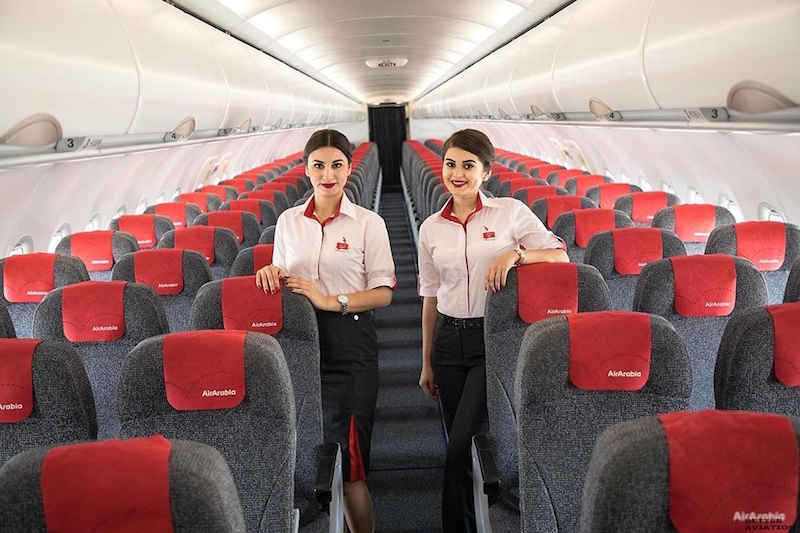Low-Cost Carriers (LCC) are driving growth in the Middle East aviation market, recording a 9.3% increase in seat capacity in 2019, according to CAPA Centre for Aviation. Indeed, LCC’s share of total seat capacity across the Middle East increased from 14.9% in 2018 to 16.5% in 2019, with a larger share of the region’s airline passengers now opting to fly with no-frills airlines in more modest and affordable cabin surroundings.
Over the next 12 months, LCCs are predicted to continue to chip away at their bigger rivals’ market share, with Saudia’s LCC subsidiary, flyadeal, leading this trend – becoming the region’s largest airline by seats in 2019 and recording a capacity growth of 78.1%, according to the latest CAPA data.
“Situated within eight-hours of two-thirds of the world’s population and located between the major cities of Europe in the northwest, the fast-developing East African cities in the west and India and Pakistan in the east – the Middle East is the ideal location to set up a budget airline, attracting passenger traffic from within the region as well as from across much of the eastern hemisphere,” said Danielle Curtis, Exhibition Director ME, Arabian Travel Market.
When compared to other parts of the world, there looks to be plenty of scope for growth for the Middle East’s LCCs. According to Boeing, 33% of short-haul traffic globally is on no-frills airlines, led by southeast Asia where the figure is 62%. However, in the Middle East at present, this figure lies at 13%.

Supporting LCCs’ potential for growth in region, in October 2019, Air Arabia and Etihad Aviation Group announced strategic plans to launch a new budget carrier. Based out of Abu Dhabi Airport, Air Arabia Abu Dhabi, will become the fifth airline to operate in the UAE – and the capital’s first low-cost airline.
In the same month, Indian low-cost carrier SpiceJet announced plans to launch an airline that will be based at Ras Al Khaimah International Airport following the signing of a MoU with the airport to start direct flights between RAK and New Delhi.
Meanwhile, Wizz Air – a Hungarian low-cost carrier – and Abu Dhabi Developmental Holding Company announced in December that they had reached an ‘agreement in principle’ to set up a new airline based in the UAE capital.
Focusing on routes to destinations in Europe, with plans to branch out towards India and Africa over the longer term, the new LCCs first flight is expected to take off in the second half of 2020.
Join our social community on Facebook, Instagram, YouTube and TripAdvisor √√















































